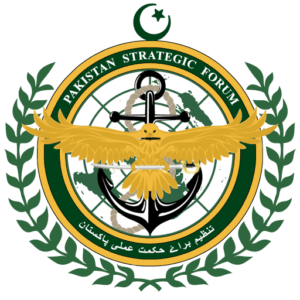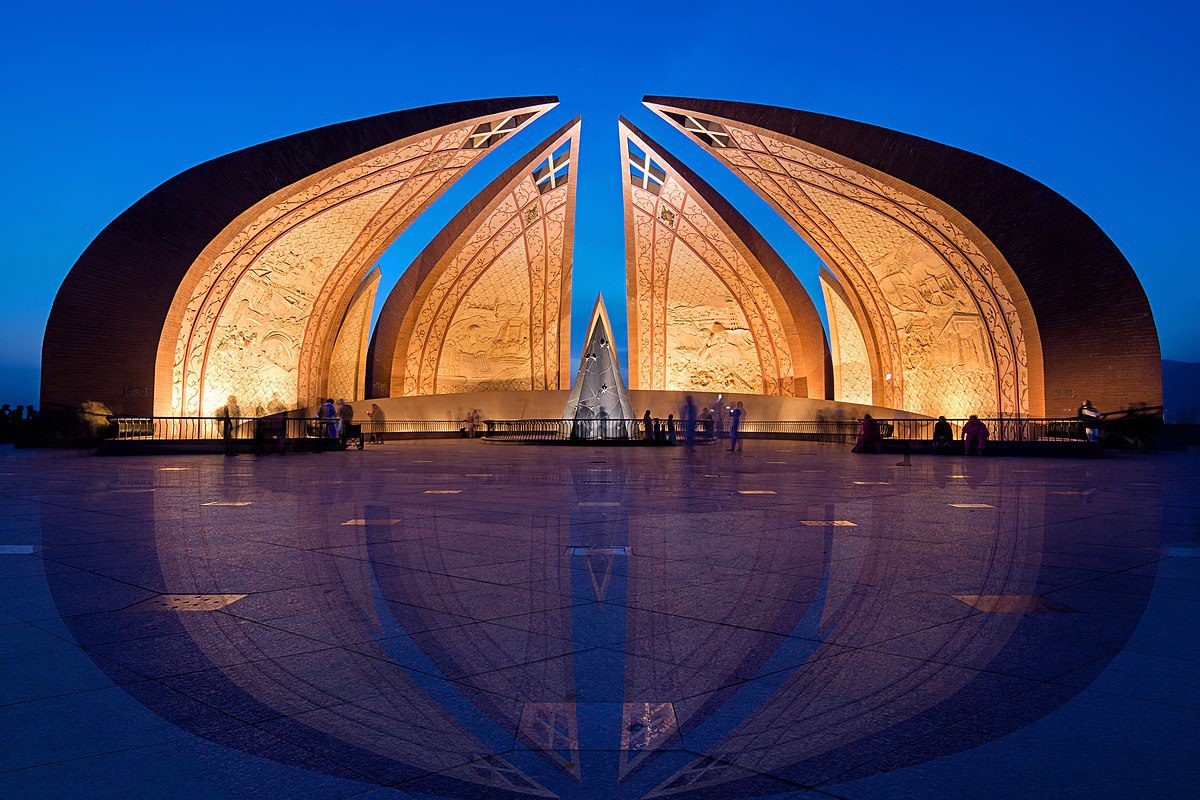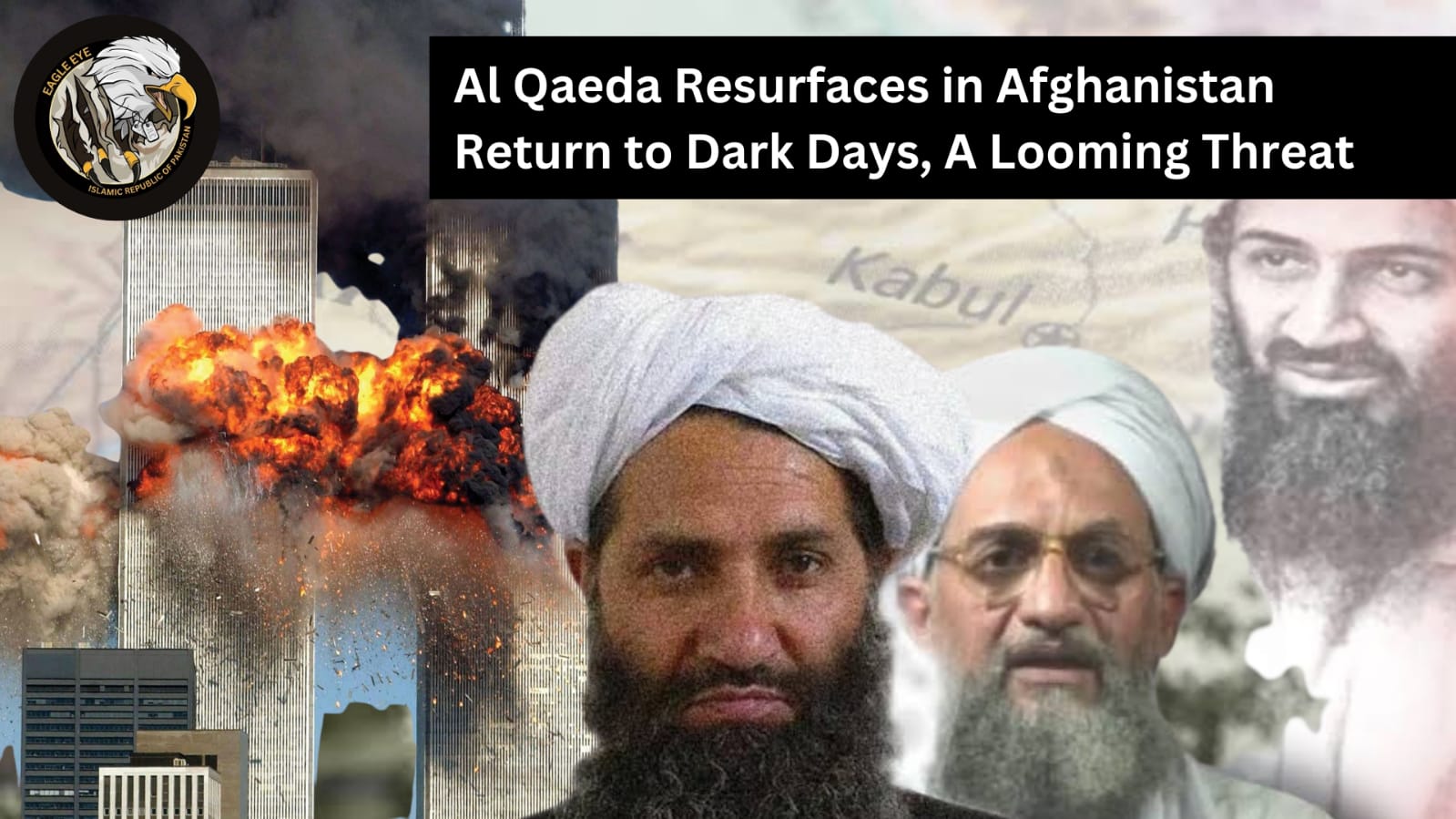In the modern world, education has emerged as a vital pillar for the progress and stability of nations. For Pakistan, a country grappling with multiple challenges, investing in education is not only essential for economic growth but also a matter of national security. With a current low literacy rate and a predominantly young population, Pakistan stands at a crucial juncture where the right decisions regarding education can pave the way for a stronger and more secure future. This blog aims to shed light on the crucial relationship between education and Pakistan’s national security, emphasizing the need to invest in the youth to bolster the nation’s prosperity and protect its interests in a competitive global landscape.
Pakistan’s Current Low Literacy Rate
Pakistan has been facing the stark reality of a low literacy rate, which hampers its progress on various fronts. The lack of education has resulted in limited access to opportunities for the lower class, perpetuating a cycle of poverty and social disparity. According to UNESCO, Pakistan’s literacy rate stands at just around 58%, lagging behind many other developing nations. This low literacy rate indicates a dearth of skilled human capital and poses a considerable challenge to national security.
Investing in Pakistan’s Youth Education
One of Pakistan’s most significant assets is its young population. With approximately two-thirds of its population under the age of 30, Pakistan possesses immense potential for growth and development. However, this potential can only be harnessed through substantial investments in education. By prioritizing education and ensuring access to quality schooling for all, Pakistan can equip its youth with the necessary skills and knowledge to drive the nation toward a prosperous future.
Fostering Skilled Human Capital for Economic and National Security
A well-educated and skilled workforce is crucial for the economic development and stability of any country. By investing in education, Pakistan can produce a competent and innovative workforce that can contribute to various industries and strengthen the nation’s economic foundation. A robust economy, in turn, contributes to national security by reducing unemployment, curbing crime rates, and improving the overall living standards of the population.
Moreover, an educated populace is more capable of critically analyzing and addressing societal issues, thus fostering a sense of unity and cohesion. It can help in countering extremist ideologies and promoting a peaceful and tolerant society, which are essential components of national security.
Education and National Security: A Direct Correlation
The correlation between education and national security is multifaceted. An educated population is more aware of the challenges and threats facing their country, enabling them to actively participate in the nation’s defense and security measures. Education empowers individuals to engage in meaningful discussions on national policies, fostering a sense of ownership and patriotism.
Furthermore, a more educated population will result in a better economy, which, in turn, will lead to a stronger military spending potential. As the economy improves, Pakistan will have more resources available to allocate towards defense and security, allowing for the modernization and strengthening of its armed forces. This enhanced military capability can act as a deterrent to potential adversaries and safeguard the nation’s interests.
Moreover, investing in education is closely linked to technological advancement and innovation. A technologically advanced nation can develop sophisticated defense capabilities, reducing its reliance on external sources for security equipment and expertise. This self-reliance enhances a country’s ability to defend itself against potential threats, both internal and external.
Thinking Ahead: Pakistan’s Competitiveness in a Changing World
In a rapidly changing global landscape, countries must stay competitive to protect their national interests. Pakistan’s adversaries are actively investing in education and technology, rapidly progressing in various fields. To keep pace and secure its geopolitical standing, Pakistan must prioritize education as a strategic asset for national security.
By investing in research and development, fostering entrepreneurship, and promoting a culture of innovation, Pakistan can create a knowledge-based economy that is less susceptible to external shocks. A strong economy will enable the country to invest more in defense, infrastructure, and social welfare, ultimately strengthening national security.
Conclusion
The nexus between education and Pakistan’s national security is undeniable. As a nation with a young and dynamic population, investing in education is not just an option but an imperative. Improving the literacy rate, empowering the youth with knowledge and skills, and nurturing a culture of innovation will lay the foundation for a stronger and more secure Pakistan.
The government, military, private sector, and civil society must work collaboratively to address the educational challenges and seize the opportunities that lie ahead. By doing so, Pakistan can transform its demographic dividend into a strategic advantage, ensuring a prosperous future and safeguarding its national security in an ever-changing world. The time to act is now, for education is the key to unlocking Pakistan’s potential as a powerful, stable, and secure nation.
Author: Taimur Hassan
#TeamPakistanStrategicForum






